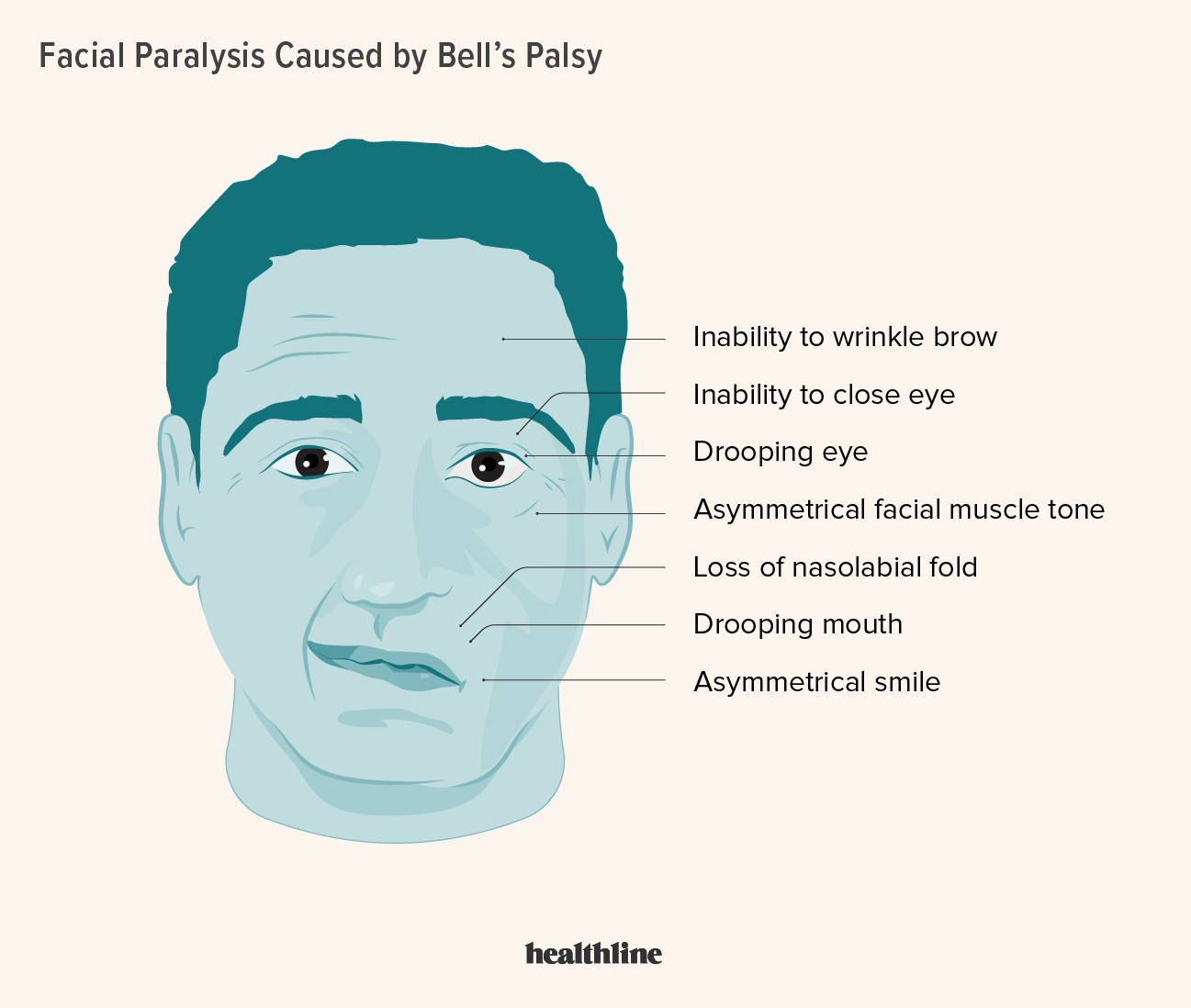When local anaesthesia inadvertently affects the facial nerve near the parotid gland, it can temporarily paralyze or "numb" muscles of facial expression, all controlled by the facial nerve (cranial nerve VII). This most frequently occurs for maxillary posterior infiltration, as well as a misdirected mandibular block. Each of these muscles plays a role in conveying emotions, enabling a range of facial expressions like smiling, frowning, and blinking. This usually impacts muscles controlled by the branches of the facial nerve that serve the injected side of the face, including:
1. Frontalis: This muscle raises the eyebrows. If affected, the patient may be unable to raise their eyebrow on the affected side.
2. Orbicularis Oculi: This muscle closes the eyelids. Patients might struggle to close their eye fully on the side of the injection, which can lead to dryness and irritation in the exposed eye.
3. Zygomaticus Major and Minor: These muscles control smiling and facial expressions around the mouth. When numbed, patients may have a drooping appearance on one side of the mouth and difficulty smiling symmetrically.
4. Buccinator: This muscle helps in chewing and keeping food between the teeth. If numbed, patients may have difficulty chewing on that side and may experience drooling.
5. Orbicularis Oris: This muscle controls the lips and allows for movements such as puckering or closing the mouth. Patients may notice drooping at the corner of the mouth or have difficulty controlling lip movements.
6. Platysma: This muscle extends from the chest up to the lower jaw and plays a role in depressing the jaw and moving the lower face.
These effects are temporary, and the muscles regain normal function as the anesthesia wears off, usually within a few hours. During that period, however, patients may need extra care, particularly to protect the eye on the affected side.





コメント